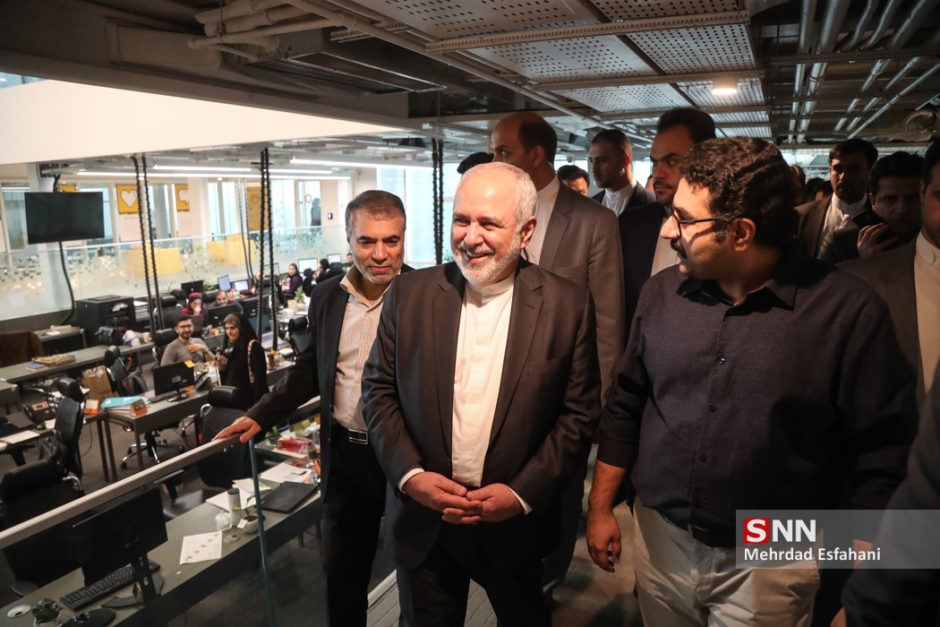The much-maligned 2015 Iran nuclear agreement may be imperilled, but this does not necessarily mean that the Iranian government intends to withdraw from it any time soon.
Last July, about a year after the United States unilaterally pulled out of the deal and reimposed economic sanctions on Iran, Tehran began to scale back its observance of it on an incremental basis, announcing cutbacks every 60 days.
Iran went one step further after the U.S. assassination of Quds Force commander Qassem Soleimani in Baghdad on January 3, saying it would no longer be bound by its restrictions.
Iran, however, said it would return to the accord if the United States lifted the sanctions, which have crippled Iran’s oil-based economy. Three years ago, the Iranian economy registered a 12% growth rate. But in 2018 and 2019, it contracted by three percent and nine percent respectively. During this period, Iran’s oil production has declined by almost 40% — from 3.8 million to 2.4 million barrels a day — while oil exports have plummeted from 2.5 million barrels a day to less than 500,000. The black market rate for the Iranian rial, meanwhile, has decreased from 40,000 to the U.S. dollar to 120,000.
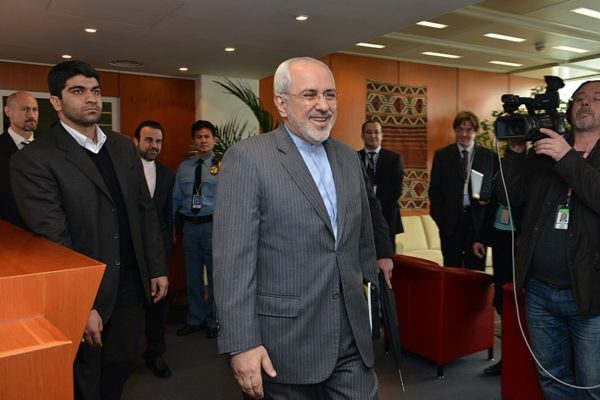
Despite the catastrophic effects of sanctions, Iran is continuing to allow United Nations inspectors to remain in the country, Iranian Foreign Minister Mohammad Javad Zarif noted recently. He did not say whether Iran would enrich uranium to a level of 20 percent, which would permit the production of bomb-grade uranium, a violation of the agreement.
As a result of Iran’s unilateral moves, three of the countries that signed the agreement — France, Britain and Germany — warned Iran on January 14 that United Nations sanctions will kick in again unless it fully complies with the accord within two months.
But in an important aside, the European powers reiterated their opposition to U.S. President Donald Trump’s withdrawal from the agreement and his campaign of “maximum pressure” on Iran.
Germany’s foreign minister, Heiko Maas, spelled out the European position.
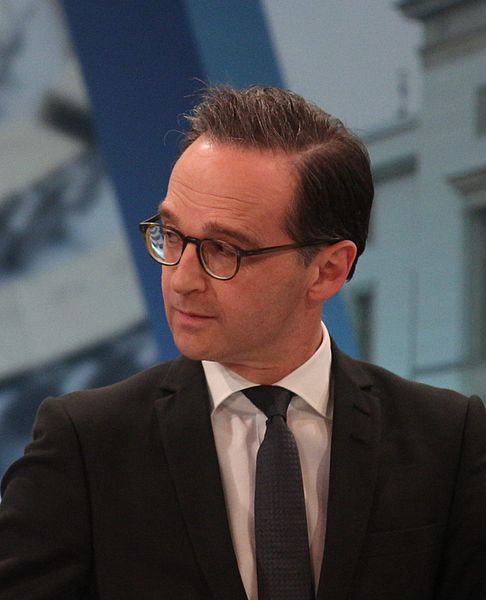
“We could no longer leave unanswered the increasing violations of the nuclear agreement,” he said. “Our objective is clear. We want to preserve (it) and reach a diplomatic solution within the agreement.”
“We will tackle this together with all partners,” he added in a reference to Russia and China, which have refrained from criticizing Iran.
Iran, which had been in full compliance with the agreement until Washington’s withdrawal, began to violate it in the hope of pressuring Britain, France and Germany to soften the effects of the sanctions. In pulling out of the agreement, Trump denounced it in blustery language, claiming it ignored Iran’s “malign” activities in the Middle East and its arsenal of short-range and long-range ballistic missiles. He said the sanctions were intended to persuade Iran to renegotiate the agreement.
Trump’s withdrawal was lauded by Israeli Prime Minister Benjamin Netanyahu, a fierce critic of the agreement, and by pro-American Arab nations such as Saudi Arabia and the United Arab Emirates.
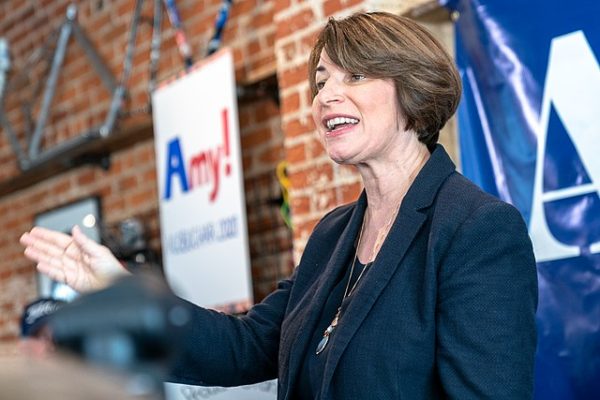
The major candidates vying for the Democrat Party’s presidential nomination — Joe Biden, Pete Buttigieg, Bernie Sanders, Elizabeth Warren and Amy Klobuchar — all opposed his decision and now promise to return to the agreement if the Democrats defeat Trump in this year’s election.
Iran, having resisted Trump’s demands, has violated it by various means.
Iran has raised the level of uranium enrichment to 4.5 percent, above the permitted rate of 3.6 percent. Iran has increased its heavy water inventory beyond the 130 ton limit. Iran has begun operating advanced centrifuges to higher enrichment capacity. And Iran has renewed the enrichment of uranium at its Fordow facility.
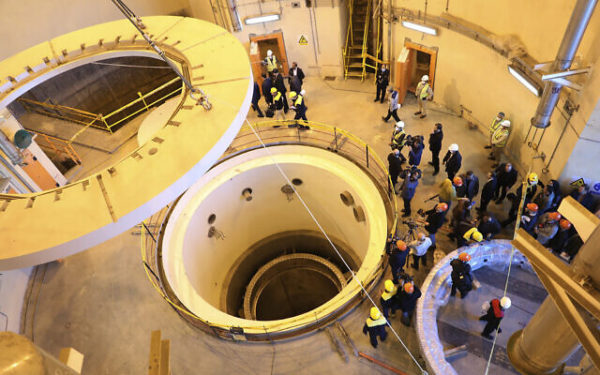
Despite its violations, Iran insists it is still a party to the agreement, which will expire within about five years from today.
As Iranian Foreign Ministry spokesman Abbas Mousavi said on January 20, “Tehran still remains in the deal. Whether Iran will further decrease its nuclear commitments will depend on other parties and whether Iran’s interests are secured under the deal.”
Blasting the warning France, Britain and Germany recently issued, the Speaker of Iran’s Parliament, Ali Larijani, has warned of repercussions if they act “unfairly.”
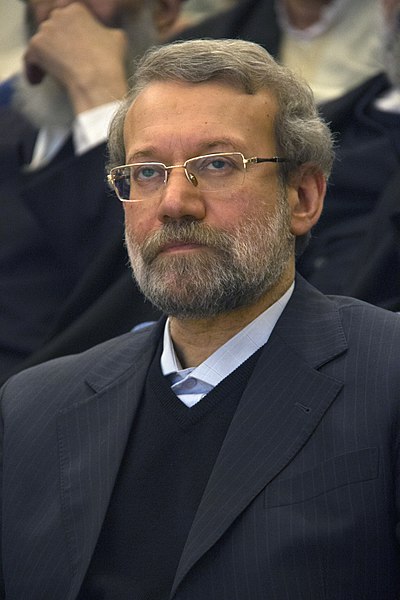
In there worst-case scenario, Iran could walk away from the agreement and resume its nuclear program. This could spark a crisis of international proportions and embolden Israel to renew its longstanding threat to bomb Iran’s nuclear sites. An Israeli preemptive strike would ignite a regional war, which would leave Israeli cities like Tel Aviv and Haifa open to destructive Iranian counter-strikes.
According to the Israel Defence Forces’ annual intelligence assessment, Iran is currently not interested in rapidly “breaking out” and developing an atomic bomb as quickly as possible.Israel regards Iran’s ongoing violations as troubling, but views them as a tactic by which to pressure the signatories to the agreement to lift the sanctions.
In short, Israel does not believe that Iran is racing full steam ahead to build a nuclear device. But circumstances could change, prompting Iran to modify its intentions.
